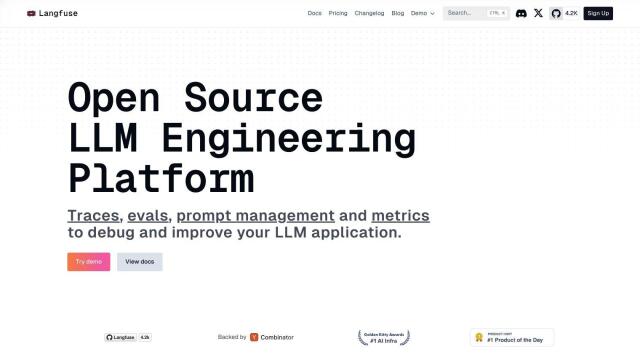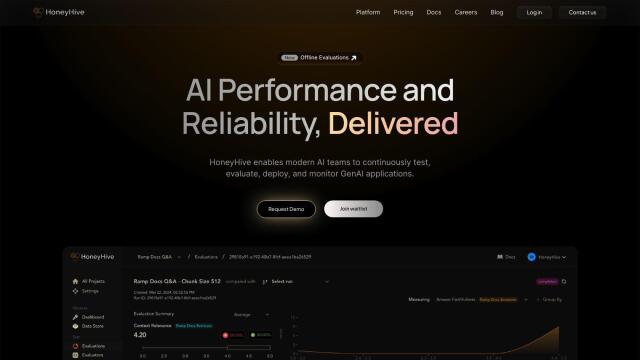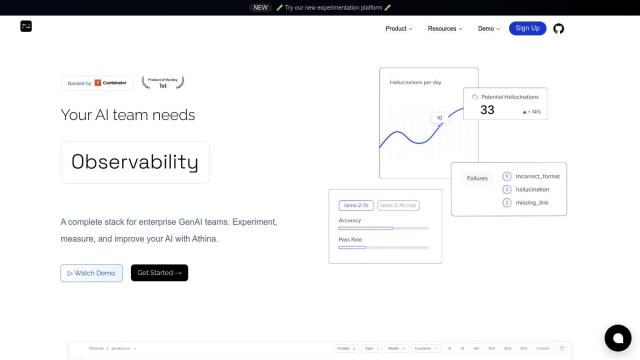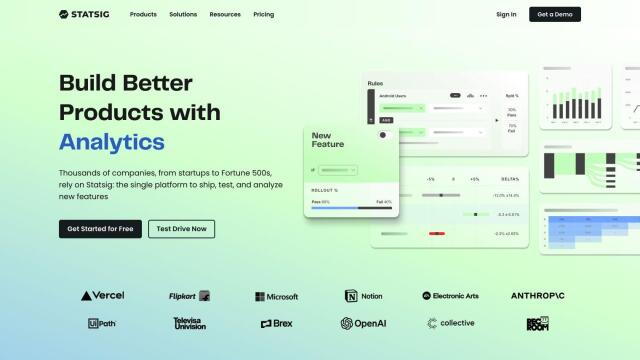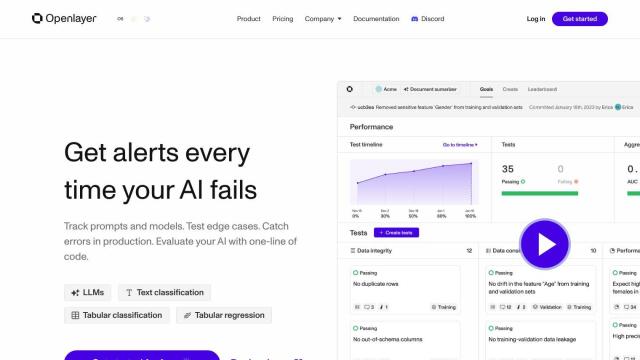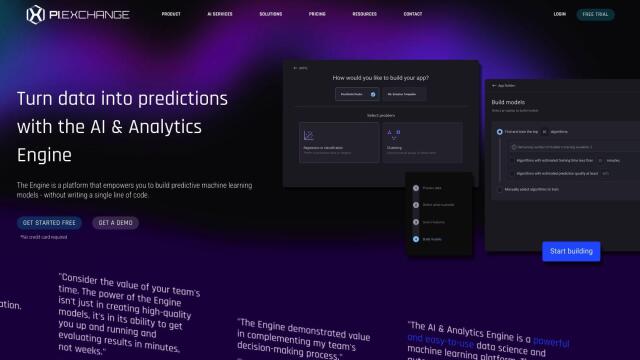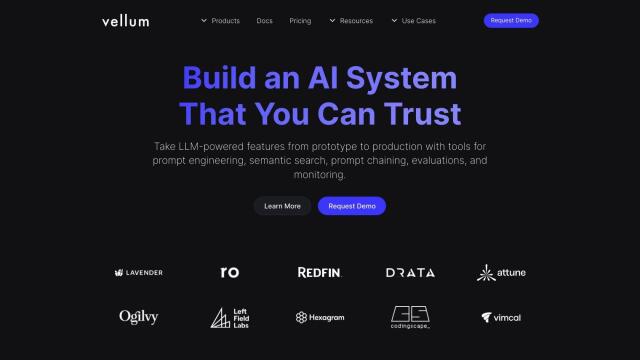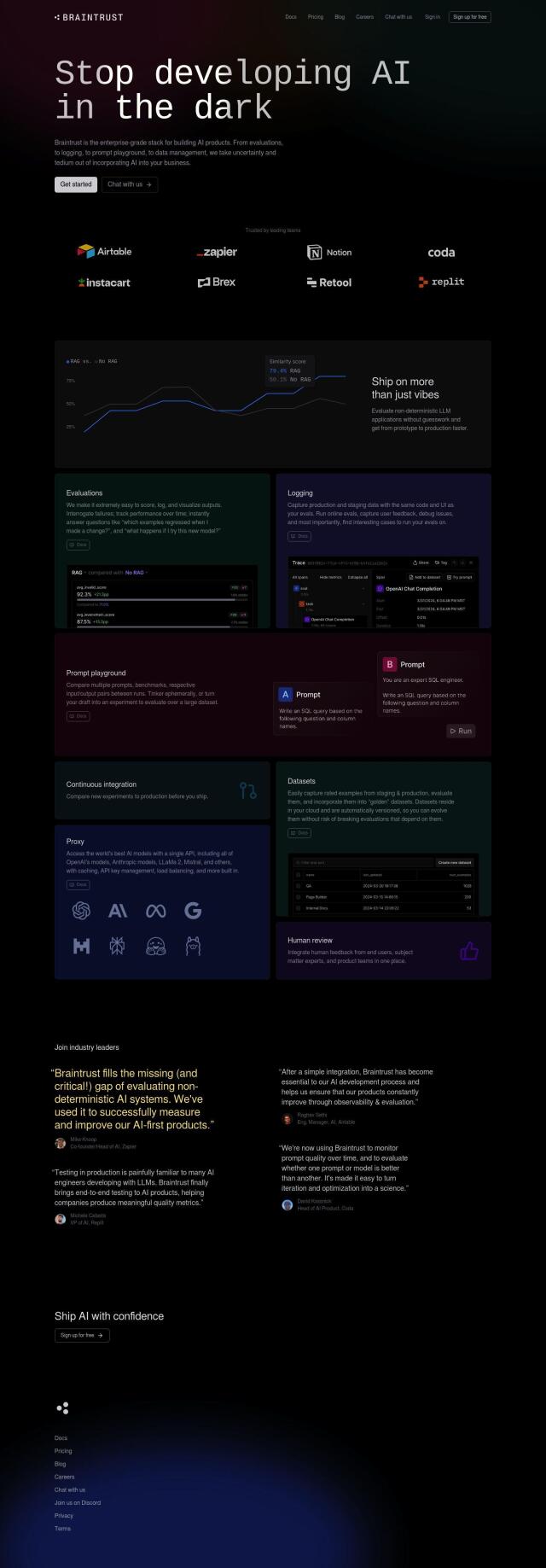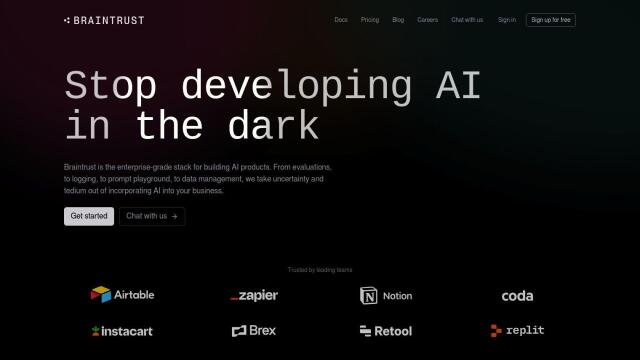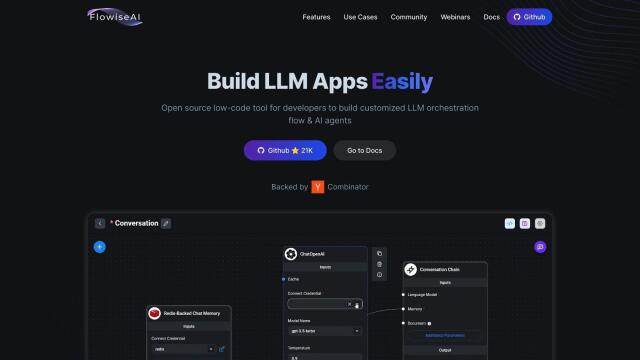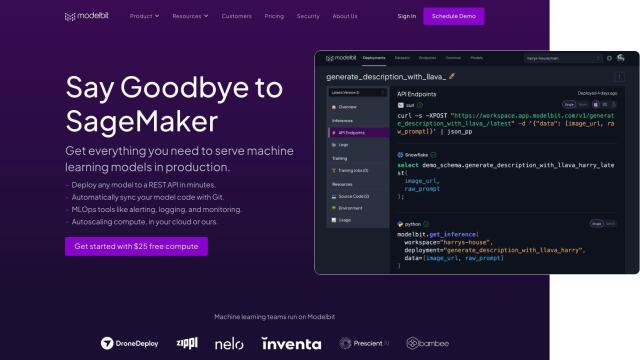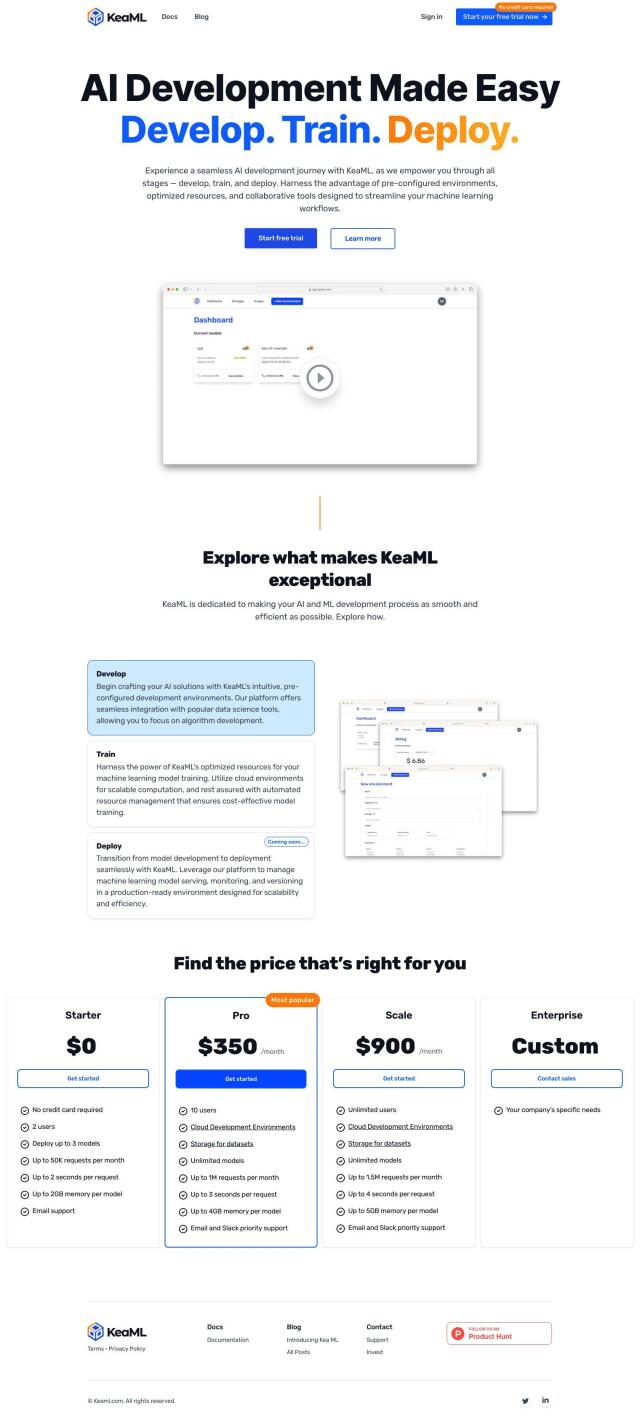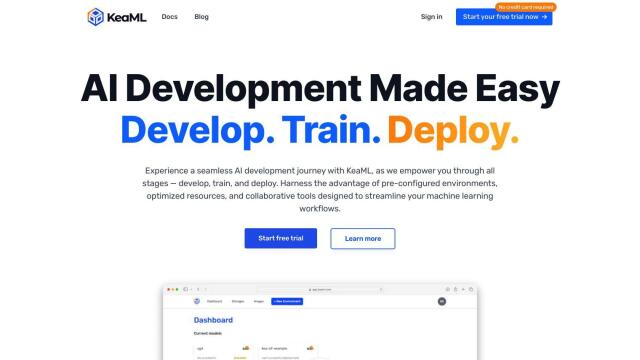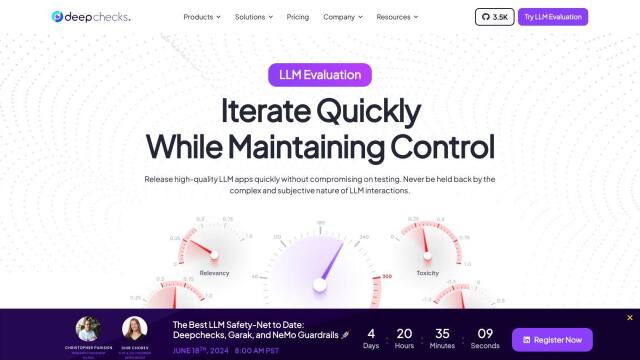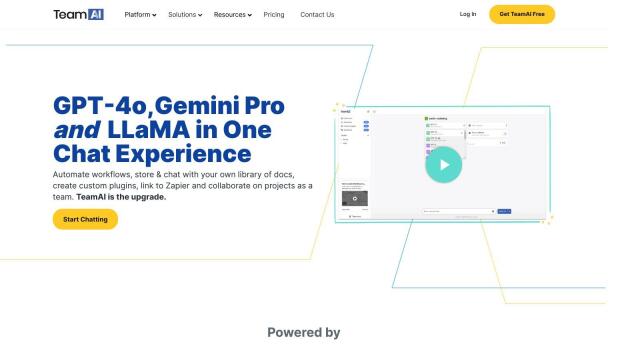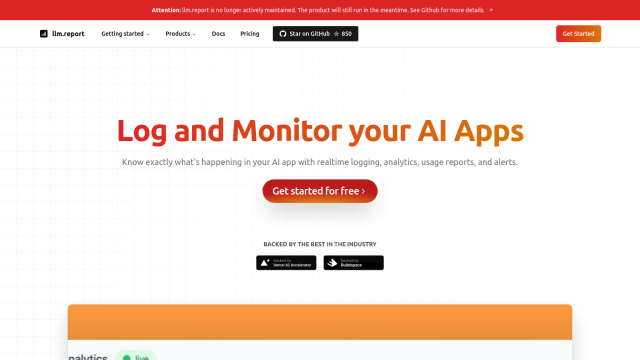Question: Can you recommend a tool that allows me to track and visualize my machine learning experiments, including metrics and hyperparameters?

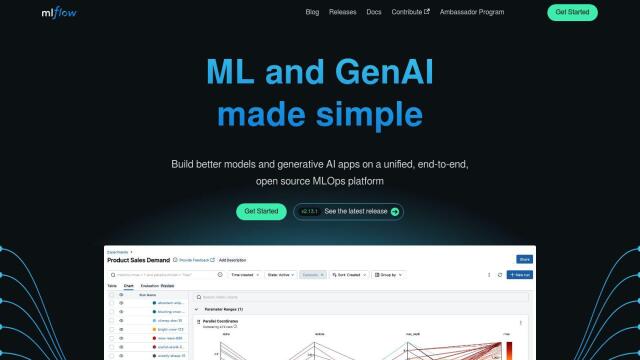
MLflow
If you need a tool to track and graph your machine learning experiments, MLflow is a great option. It's an open-source MLOps platform that makes it easier to develop and deploy ML projects by giving you a single place to manage experiments. MLflow offers features like experiment tracking, logging of metrics and hyperparameters, and support for popular deep learning frameworks like PyTorch, TensorFlow and scikit-learn. It runs on a variety of foundations, including Databricks and cloud computing services, and has a lot of documentation and tutorials.
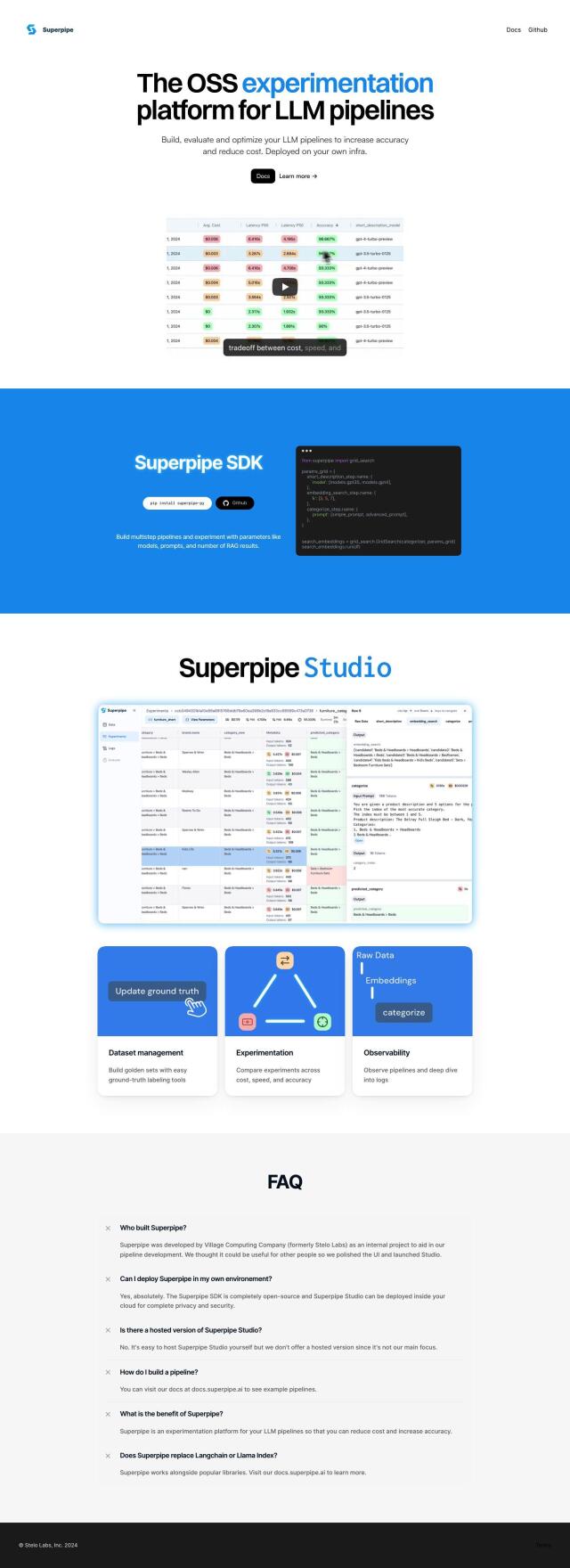
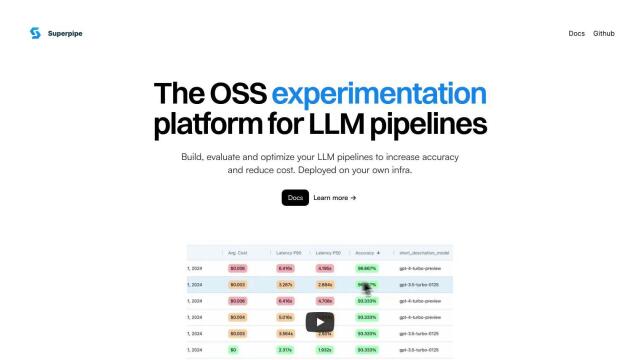
Superpipe
Another contender is Superpipe, an open-source experimentation platform geared for optimizing Large Language Model (LLM) pipelines. It comes with tools like the Superpipe SDK for building and testing pipelines and Superpipe Studio for managing datasets, running experiments and monitoring pipelines. It's self-hosted, so you have complete control over privacy and security, and it can be integrated with libraries like Langchain and Llama Index.

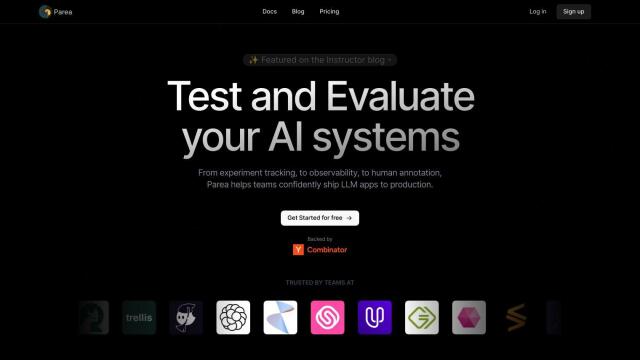
Parea
If you're looking for something more specialized, Parea is a suite of tools for AI teams to track and debug their experiments. It includes features for experiment tracking, observability and human annotation to help teams debug failures and gather feedback. Parea supports popular LLM providers and can be integrated with frameworks using simple Python and JavaScript SDKs, so it's a good option for AI teams.


Humanloop
Last, Humanloop is designed to manage and optimize the development of LLM applications. It includes a collaborative prompt management system, evaluation and monitoring suite, and tools to connect private data and fine-tune models. Humanloop supports popular LLM providers and has SDKs for easy integration, so it's a good option for product teams and developers who want to improve collaboration and AI reliability.

